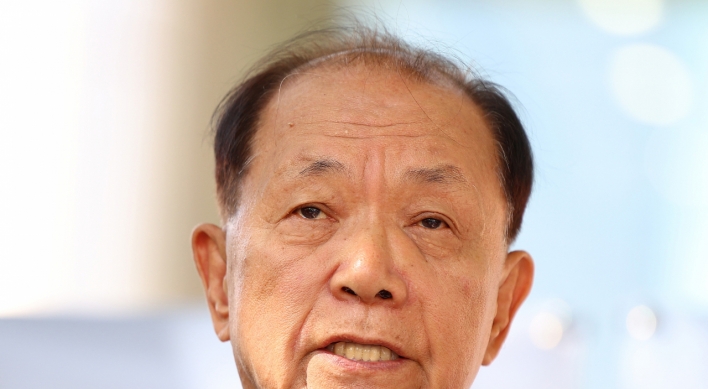Japan will hand over to the United States more than 315 kilograms (700 pounds) of weapons-grade plutonium and a supply of highly enriched uranium _ a victory for President Barack Obama's efforts to secure nuclear materials around the world.
American and Japanese officials announced the deal Monday at a two-day nuclear security summit in The Hague _ the meeting's first major breakthrough.
“This is a very significant nuclear security pledge and activity,” U.S. Energy Secretary Ernest Moniz told reporters in The Hague. “The material will be transferred to the United States for transformation into proliferation-resistant forms.”
Yosuke Isozaki, a senior national security adviser to Japanese Prime Minister Shinzo Abe, said handing over the highly enriched uranium and plutonium is part of Japan's efforts to prevent proliferation and possible abuse of nuclear material by terrorists _ the main aim of the Hague summit.
“Japan shares a vision of a world without nuclear weapons,” he said through a translator.
As part of the deal, the U.S. will continue to receive spent reactor fuel from Japan for an additional 10 years. Japan originally received the material from the U.S. and Britain in the 1960s for use in research.
Isozaki said Japan and U.S. also “have agreed to conduct cutting-edge research together with alternative fuels” allowing more studies about nuclear energy.
Miles Pomper, a nuclear expert at the Monterey Institute of International Studies, called the return of the materials “a step in the right direction.”
In addition to the weapons-grade material Japan is giving back, it maintains a stockpile of 9.3 tons of lesser-grade plutonium that could be easily weaponized by a country of Japan's sophistication in a matter of months. That material also could present an attractive target for terrorists.
Additionally Japan's new Rokkasho nuclear plant, due to come online this year, is capable of producing almost that many more tons of plutonium per year when operational. Yet, with most of Japan's nuclear plants still shut down in the wake of the 2011 Fukushima nuclear plant disaster, there is no apparent use for that material.
“So this is a step forward, but it's not enough,” Pomper said. (AP)





![[KH Explains] No more 'Michael' at Kakao Games](http://res.heraldm.com/phpwas/restmb_idxmake.php?idx=644&simg=/content/image/2024/04/28/20240428050183_0.jpg&u=20240428180321)











![[Herald Interview] Mistakes turn into blessings in street performance, director says](http://res.heraldm.com/phpwas/restmb_idxmake.php?idx=652&simg=/content/image/2024/04/28/20240428050150_0.jpg&u=20240428174656)
